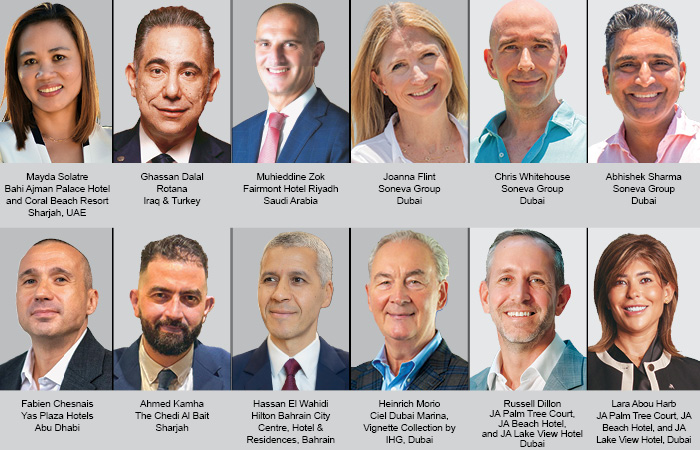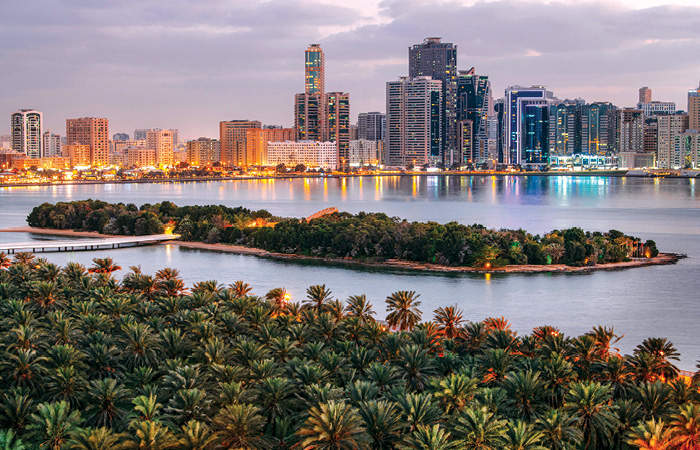Research has shown that jet fuel can be produced using desert land and sea water through an innovative agricultural process. Khalifa University, Etihad Airways, Boeing, ADNOC, Safran, GE and BAUER Resources celebrate a major milestone in developing a sustainable aviation fuel value chain.
TT Bureau
The Sustainable Bioenergy Research Consortium (SBRC), a non-profit entity established by Masdar Institute that is part of Khalifa University of Science and Technology, recently announced the world’s first commercial flight using locally produced sustainable fuel on an Etihad Airways Boeing 787 powered by GE’s GEnx-1B engines. The flight from Abu Dhabi to Amsterdam marked a major milestone in the development of a clean, alternative aviation fuel to reduce carbon emissions. The initiative also addresses food security in the UAE through the farming of seafood as a core element in the process. The SBRC partners have been working together to prove the concept of a comprehensive value chain that is centered around the Seawater Energy and Agriculture System (SEAS). This is a synergistic industrial platform that supports the aviation sector, the oil and gas industry, food production and the creation of a new agricultural alternative in the UAE.
His Excellency Dr Thani bin Ahmed Al Zeyoudi, Minister of Climate Change and Environment, said, “Productive cross-disciplinary public-private partnerships are crucial to fuelling development efforts and creating game-changing innovations that enable a more sustainable future. Deep decarbonisation of energy-intensive industries has a ripple effect on food security and climate action. Clean, alternative aviation fuels are an innovative and sustainable solution to significantly reducing harmful carbon emissions. The UAE is proud to be a pioneer in this domain.”
Etihad Airways has been at the forefront of aviation biofuel research in the region and this marks the first time that a flight has been operated on fuel derived from plants grown in saltwater. Sustainable fuel for the flight was derived from oil in Salicornia plants, which were grown on the two-hectare SEAS farm in Masdar City. The SEAS is the world’s first desert ecosystem designed to produce fuel and food in saltwater.
Tony Douglas, Group Chief Executive Officer, Etihad Aviation Group, said, “This is a significant milestone for the UAE and its key industries. Etihad is fully committed to this project which demonstrates a successful proof of concept that is local, cost-effective and sustainable. Decarbonisation is important across the aviation industry and Etihad is proud to be at the forefront of this pioneering new research.”
 TravTalk Middle East Online Magazine
TravTalk Middle East Online Magazine





